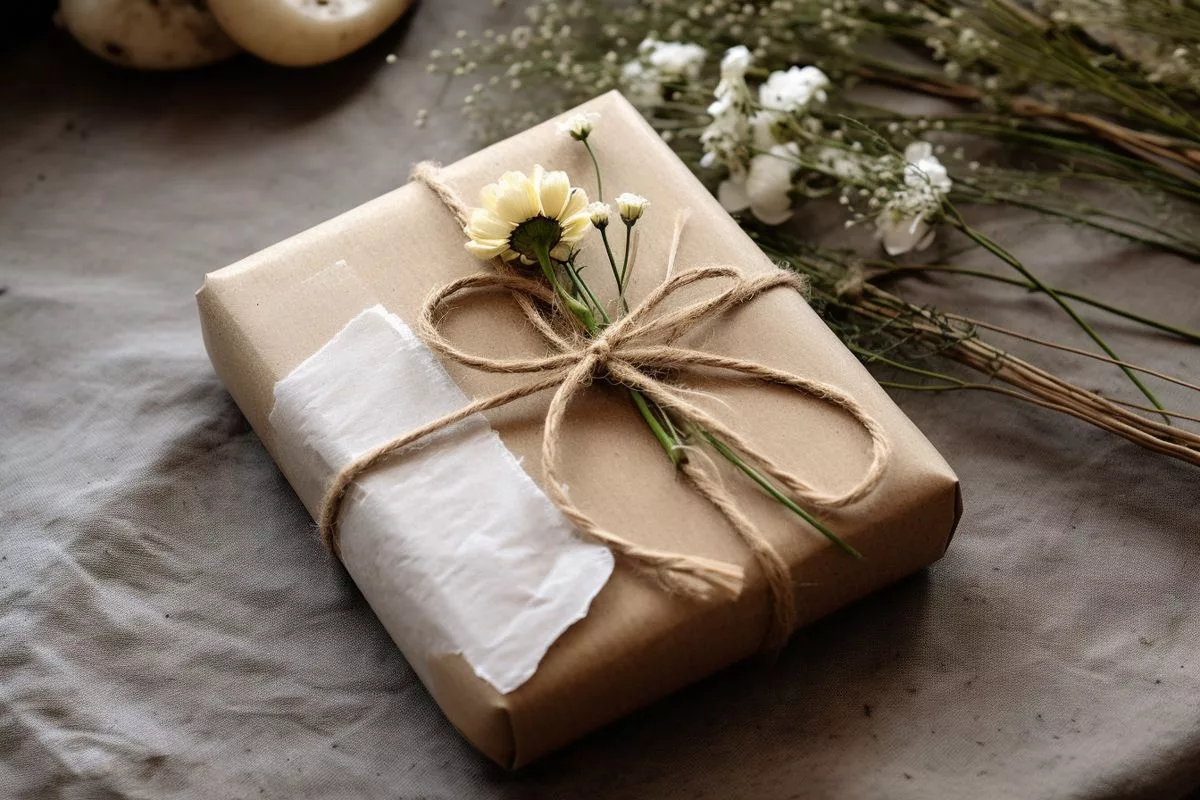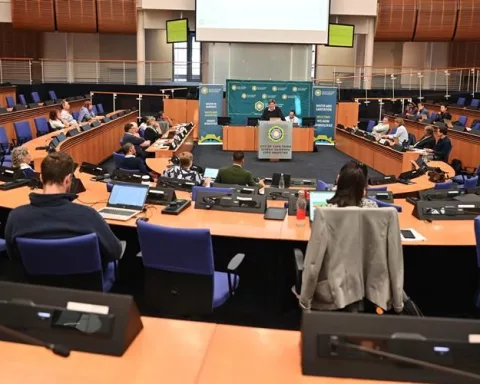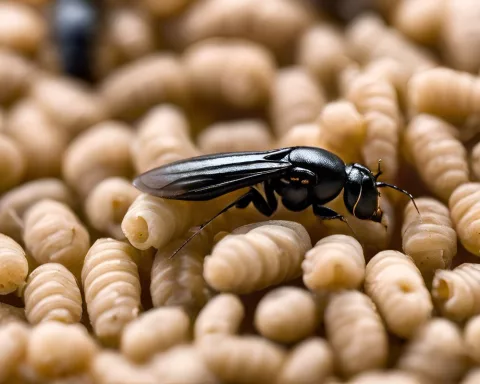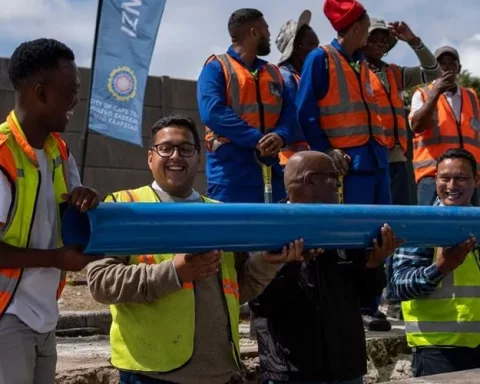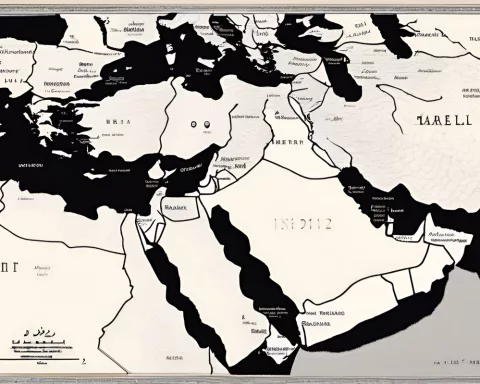Let’s celebrate this holiday season in a more thoughtful and eco-conscious way. Consider sustainable gifting options like reusable products or experiences that promote zero waste. Use recycled materials for ornaments and gift-wrapping. Choose locally-sourced, organic produce for your feast and support conservation organizations or participate in local cleanup drives. Let’s make this Christmas a meaningful and sustainable one, expressing our love for our planet and giving the most precious gift to future generations.
Sustainable Gifting: Turning Traditions Into Mindful Choices
Embrace an eco-conscious approach to gift-giving this holiday season with sustainable alternatives that promote zero waste. Consider items like stainless steel straws, bamboo utensils, or beeswax wraps that can be used repeatedly, or gift experiences like a relaxing spa day or engaging cooking class. Support local artisans and crafts, and create long-lasting memories while reducing waste.
As the festive season fills the air with jubilation, it’s time to look towards a different, more thoughtful way to commemorate our celebrations. Embracing an environmentally-friendly Christmas isn’t merely a passing fad; it’s a vital call to action. It represents our gratitude and respect for the planet while blending seamlessly with the joy of holiday feasting and gifting.
Sustainable Gifting: Turning Traditions Into Mindful Choices
The true spirit of the holiday season lies in heartfelt giving, and this year, we can add a thoughtful twist to this tradition: sustainable gifting. Traditional presents often contribute to excessive consumption, leading to waste. The solution? Environmentally-friendly alternatives. Gifts that support the idea of zero waste are the ideal choice for mindful, eco-conscious gifting.
Consider gifting items like stainless steel straws, bamboo utensils, or beeswax wraps—products that can be used again and again, reducing waste. Not only do such gifts encourage sustainable living, but they also add a significant value to the recipient’s daily life, making your gesture truly thoughtful and meaningful.
The world of sustainable gifting isn’t just about products. We can extend our support to local artisans and their craft, or gift experiences that transcend material possessions and transform into cherished memories. Think along the lines of a relaxing day at the spa, an engaging cooking class, or an interesting workshop. These experiences can create an impact that lasts far longer than the fleeting joy of unwrapping a material gift.
Eco-Friendly Decorations: Adding a Tinge of Sustainability to Holiday Cheer
Next, let’s focus on the visual charm of the holiday season: the decorations. An eco-friendly Christmas thrives on sustainable decor. Engage your family in a fun project to create ornaments using recycled materials. Unleash your creativity and breathe new life into items that would otherwise end up in trash.
Natural elements like pinecones and dried citrus slices can add a unique, rustic touch to your festive decorations. Not only do such decor items enhance the aesthetic appeal of your home, but they also promote the principle of recycling and reusing, making your celebrations more meaningful.
Conscious Feasting: A Greener Approach to Holiday Indulgence
Of course, what is a celebration without a feast? Even amidst the holiday indulgence, we can make conscious decisions that have a positive impact on the environment. Opt for locally-sourced, organic produce as much as possible. Support local farmers and plan your meal portions wisely to avoid unnecessary food waste.
Consider including plant-based or vegetarian options in your menu to reduce the carbon footprint of your holiday feast. Complete your eco-friendly dining experience with reusable or compostable tableware, eliminating the need for disposable plastics.
Green Gift-Wrapping: An Eco-Friendly Twist to Tradition
Let’s also rethink the tradition of gift-wrapping. We can convert this seemingly simple task into an eco-friendly practice. Use recycled paper, fabric scraps, old maps, or newspapers as wrapping materials. Adding natural elements like twine, dried flowers, or reusable fabric ribbons can lend an appealing rustic charm to your presents.
Giving Back to Nature: Making Charity a Part of Your Christmas Traditions
An eco-conscious Christmas extends beyond the gifts we give or the food we consume. It’s equally about giving back to Mother Earth. Plant a tree in memory of a loved one, support conservation organizations, or participate in local cleanup drives.
Consider making charitable donations, particularly those that benefit the environment, a part of your Christmas traditions. Such actions not only contribute to the preservation of our planet but also instill a sense of responsibility and awareness among the younger generations.
Adopting an eco-friendly Christmas doesn’t necessitate drastic changes. It’s all about making several small, mindful decisions that collectively make a significant impact. Understanding that what benefits our planet is ultimately beneficial for us is the first step towards a more sustainable lifestyle.
This Christmas, let’s aim to be more mindful, make wiser choices, and express our love for our planet in a more tangible way. Remember, each eco-friendly decision you make helps foster a cleaner, greener environment. Isn’t that the most precious gift we can give to our future generations? So, as you experience the festive cheer in Cape Town and its vicinity, let’s strive to make it a green Christmas that future generations will remember and thank us for.
1. What is an eco-conscious approach to celebrating Christmas?
An eco-conscious approach to celebrating Christmas involves making sustainable choices like using recycled materials for ornaments and gift-wrapping, choosing locally-sourced, organic produce for feasts, supporting conservation organizations, and participating in local cleanup drives.
2. What are some examples of sustainable gifting options for Christmas?
Examples of sustainable gifting options for Christmas include reusable products like stainless steel straws, bamboo utensils, or beeswax wraps, and experiences like a relaxing spa day or engaging cooking class.
3. How can we make Christmas decorations eco-friendly?
We can make Christmas decorations eco-friendly by engaging in fun projects to create ornaments using recycled materials, adding natural elements like pinecones and dried citrus slices, and reusing items that would otherwise end up in the trash.
4. What are some conscious feasting options for Christmas?
Some conscious feasting options for Christmas include opting for locally-sourced, organic produce, supporting local farmers, including plant-based or vegetarian options in the menu, and using reusable or compostable tableware.
5. How can we make gift-wrapping eco-friendly?
We can make gift-wrapping eco-friendly by using recycled paper, fabric scraps, old maps, or newspapers as wrapping materials, and adding natural elements like twine, dried flowers, or reusable fabric ribbons to the presents.
6. How can we give back to nature during Christmas?
We can give back to nature during Christmas by planting a tree, supporting conservation organizations, participating in local cleanup drives, and making charitable donations that benefit the environment.

